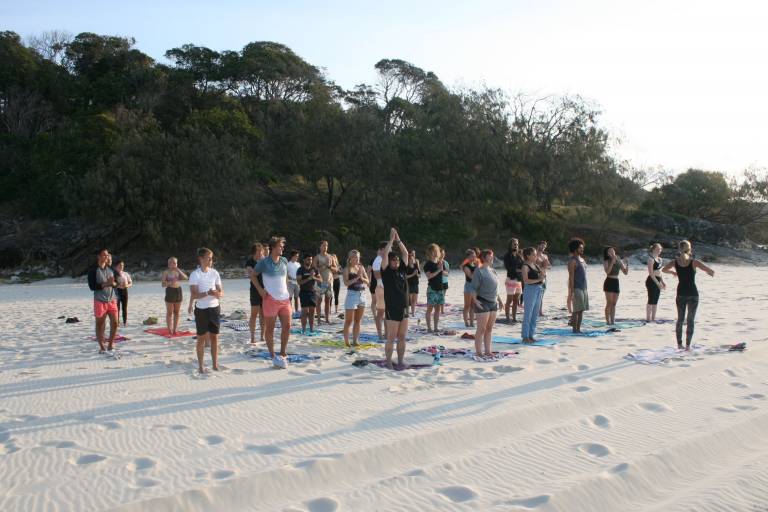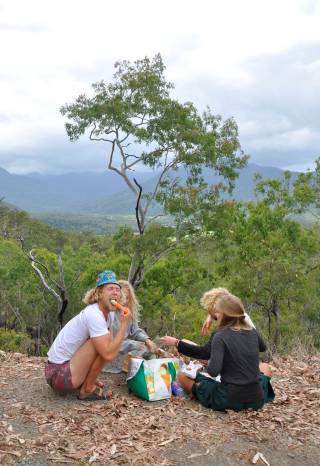A guide to surviving exam period abroad
9 March 2020
Eleanor educates us on how to survive exam periods whilst on your year abroad.

Exam time is always stressful both at home and abroad. When you are abroad, you have to discover new coping mechanisms and ways of unwinding during times of stress. For me, I always loved escaping to my hometown to enjoy some home-cooking and down-time so that I could come back to uni feeling grounded, re-energised and ready to take on my exams. Of course when abroad, you are forced to find new relaxation methods away from the comfort of your own home. By finding what works for you and putting time aside for yourself during busy library days, you’ll soon discover the power of mindfulness and self-care, and how to enact it wherever you are in the world.
Healthy living
I always find great pleasure in finding time to cook properly for myself during exam season. Its so tempting to reach for unhealthy, sugar-heavy snacks and pre-prepared meals to save time. However, dedicating time to cook a nutritious meal is something you can look forward to as a break from your revision, as well as preparing your body and mind by inducing concentration and productivity.

Exercise is also super important. Of course, this is entirely personal and you should never feel pressured to do this for a long time every day, its more the psychological effect of working out or any form of physical activity that makes it so valuable to alleviate stress and clear your mind. Whether this is just a walk in the park or a 30 minute gym session, being active and allowing your body to move releases the tension and stress from sitting at a desk all day.
Probably the most important thing of all- sleep! While sleeping requirements do vary depending on the person, It is crucial to get between 7-9 hours of sleep every night to function at your best the following day. I found that sleep discipline is especially important, going to bed at the same time every night and waking up at the same time every morning enables your body to find its natural rhythm and fall into a consistent sleep-wake cycle so you can be feeling awake and motivated all day.

Social life
Balancing revision and a social life is particularly hard during exams. I tend to alter the ways I socialise during exam time so it doesn’t interfere too much with work. For example, if you’re someone who likes to go out clubbing and drinking with friends, perhaps restrict this to just one night a week or meet a friend for lunch instead. It’s important to not isolate yourself and give yourself some free time to have some fun- especially when you’re abroad and are entitled to feel a little less guilty for exploring and socialising over working!
Revision/managing workload
Just like at home, revision timetables are particularly useful to organise your workload and to hold yourself accountable to what needs to be done. Flashcards and mind maps are a good start in order to reduce your notes, and then ideally move on to some past papers for consolidation.
Don’t forget that your year abroad is ultimately just pass or fail and does not count towards your overall degree classification. Of course this is no excuse to not work at all, its important to keep your mind active and to continue expanding your knowledge to help you once you return home, as well as in general life. However, it is a reminder not to overwork yourself or get too stressed about exams. Perhaps limit your revision to 2-4 hours a day. Spend the rest of your time enjoying your time abroad, beyond the walls of your classroom.
By: Eleanor Lake
 Close
Close

